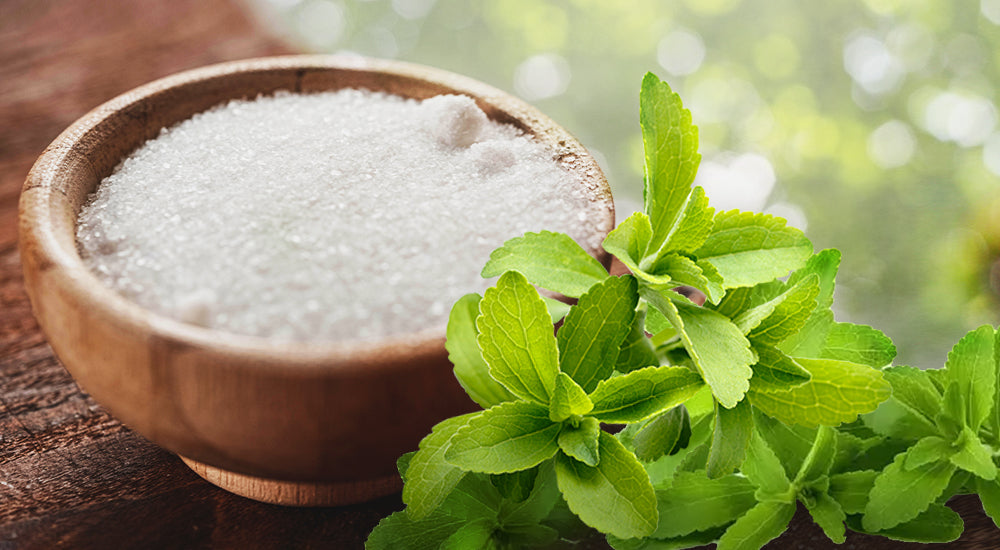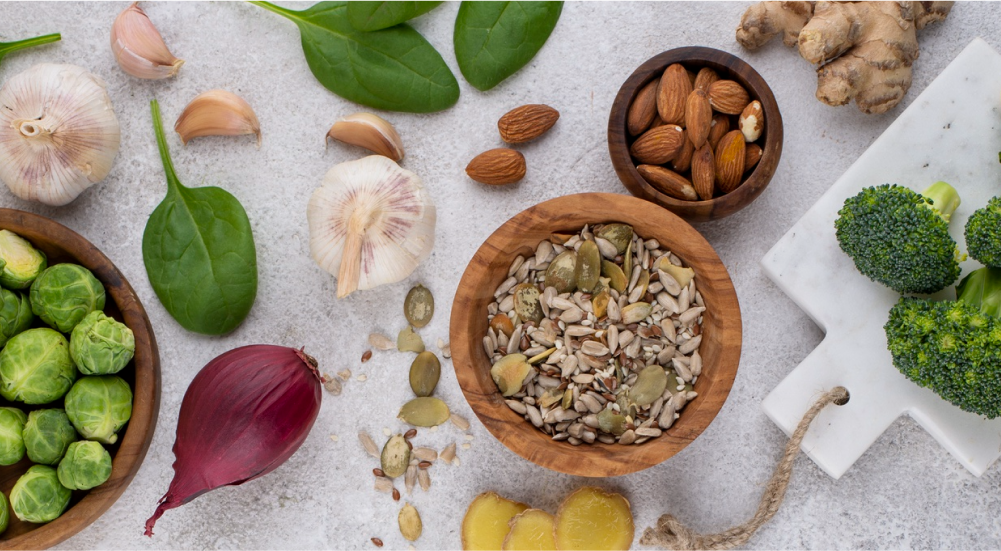Ok, let's talk about gut health. It's not a topic that gets a lot of attention, but it's incredibly important. Your gut is home to trillions of microorganisms that help with digestion, absorption of nutrients, and even your immune system. When your gut isn't happy, it can affect your overall health and well-being. So, if you're experiencing gut issues like bloating, constipation, or diarrhea, it's time to take action. Here are some lifestyle changes you can make to support a healthier gut.
Eat a balanced diet
Your diet plays a huge role in your gut health. The food you eat can either help or harm your gut microbiome. To support a healthy gut, focus on eating a balanced diet that's rich in fiber, prebiotics, and probiotics.

Fiber is important for gut health because it promotes the growth of good bacteria in your gut. You can find fiber in fruits, vegetables, whole grains, nuts, and seeds. Prebiotics are a type of fiber that feeds the good bacteria in your gut. You can find prebiotics in foods like garlic, onions, leeks, asparagus, bananas, and oats. Probiotics are live microorganisms that can provide health benefits when consumed in adequate amounts. You can find probiotics in fermented foods like yogurt, kefir, sauerkraut, and kimchi.
Stay hydrated
Drinking enough water is important for many aspects of your health, including your gut. When you're dehydrated, your stool can become harder and more difficult to pass, which can lead to constipation. Aim to drink at least 8 glasses of water per day to keep your gut healthy and regular.
Manage stress
Stress can have a big impact on your gut health. When you're stressed, your body releases hormones that can disrupt your gut microbiome and lead to gut issues. To manage stress, try to find activities that help you relax and unwind, like meditation, yoga, or deep breathing exercises.

Get enough sleep
Getting enough sleep is important for many aspects of your health, including your gut. When you're sleep-deprived, it can affect your gut microbiome and lead to gut issues. Aim to get at least 7-8 hours of sleep per night to support a healthy gut.
Exercise regularly
Exercise is great for your overall health, including your gut. Regular exercise can help promote the growth of good bacteria in your gut and improve gut motility, which can help prevent constipation. Aim to get at least 30 minutes of moderate exercise per day.
Avoid inflammatory foods
Some foods can be inflammatory and can harm your gut microbiome. To support a healthy gut, try to avoid or limit your intake of processed foods, refined sugar, fried foods, and alcohol.
Consider a probiotic supplement
If you're not getting enough probiotics from your diet, consider taking a probiotic supplement like TLC. Probiotic work to help feed healthy bacteria in your gut in order to help boost overall gut health long term. TLC works in tandem with a prebiotic as well, can not only support the gut microbiome, but also support healthy digestion and soothe discomforts like bloating, gas, and heartburn.
In conclusion, supporting a healthy gut is essential for your overall health and well-being. By making these lifestyle changes, you can help promote the growth of good bacteria in your gut and improve your gut health. Remember, it's never too late to start taking care of your gut!
Thanks for reading!


































